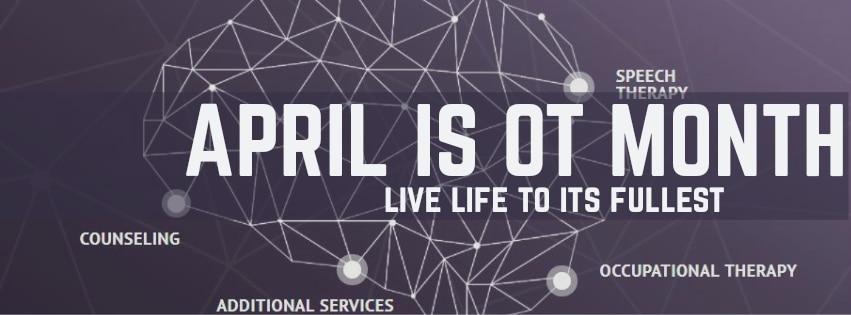Throughout this month, we will be posting about how Occupational Therapy is able to impact different areas of functioning. We celebrate OT in April, but the value and benefits of occupational therapy are life-long! Occupational Therapy is not widely understood in pediatric populations, but it is a valuable therapy that can be life-changing for families. OT begins with an evaluation in which the therapist collects information on your history, health status, and what activities you are currently limited in. They use this information to layout a plan of care that involves specific goals and the treatment techniques they will use to achieve them.
Zones of Regulation
The widely used curriculum, the Zones of Regulation, was developed by an Occupational Therapist to combine social thinking concepts with the challenges of self-management of emotional and sensory regulation. Our OT team at BRAINS use the Zones with many of our clients, as these are critical factors influencing the successful navigation of their daily interactions with their environments and others.
Although many of our behavioral health team are familiar with and use the Zones, Occupational Therapy sessions can be especially geared toward the development of physical strategies and activities to be used as “tools”. Occupational Therapists are skilled in assessment and analysis of sensory processing patterns and preferences, and are experts at developing individualized sensory diets. To complement the social/behavioral components of the program, physical exploration of how the brain and body are connected, training in calming strategies, education on various equipment, and implementation of calming vs. alerting activities can be built in to goals and objectives for any client receiving Occupational Therapy services.
Red flags for self-regulation difficulties:
- Meltdowns in overstimulating environments
- Relies on others to calm down
- Reactions to situations do not reflect the size of the problem
- Takes longer than 10-15 minutes to calm
- Does not recognize their own body control and how it impacts others
Join us in celebrating Occupational Therapy Month! BRAINS will be raising awareness for the profession all month long. Follow us at brainspotential.com and facebook.com/brainspotential for articles and resources on areas of occupational therapy and reasons why it’s the right treatment for you! Get to know the clinicians in BRAINS Occupational Therapy Department and their unique areas of interests and expertise.

